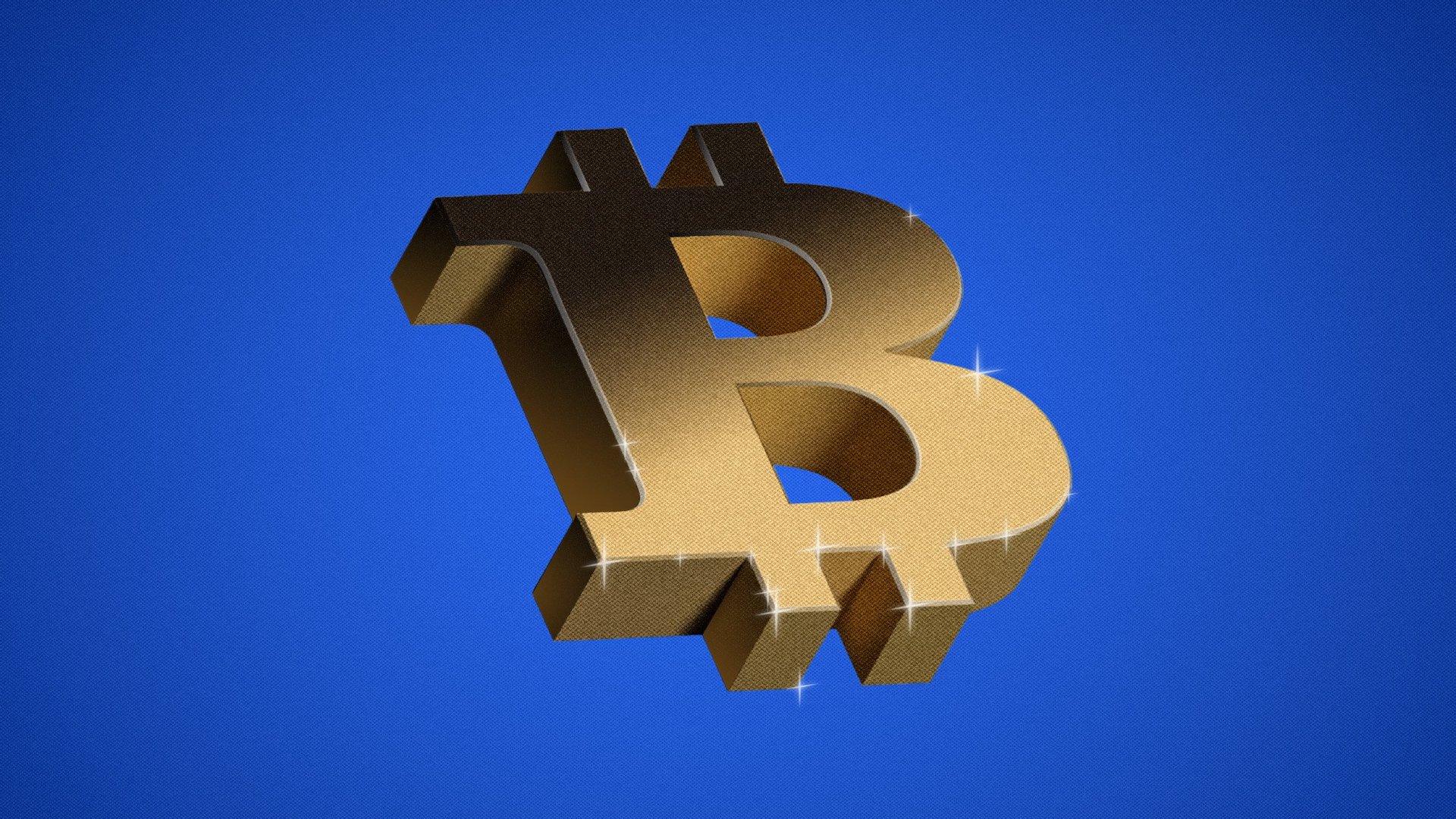Bitcoin Adoption: A Game-Changer in the Fight Against Corruption

In the contemporary landscape of global finance, Bitcoin stands out as a revolutionary force, reshaping traditional notions of currency and challenging established financial systems. With its decentralized nature and cryptographic security features, Bitcoin has emerged as a potent tool in combating corruption and fostering transparency. As we stand on the cusp of the next halving event, the momentum behind Bitcoin adoption is palpable, signaling a seismic shift in the way we perceive and interact with money.
Corruption, entrenched in various forms across governments, corporations, and institutions worldwide, has long plagued societies, stifling economic growth, eroding public trust, and perpetuating inequality. The conventional financial infrastructure, centralized and opaque, has often facilitated illicit activities, providing avenues for corruption to thrive unchecked. However, the advent of Bitcoin heralds a new era, one where transparency and accountability reign supreme.
At the heart of Bitcoin's appeal lies its decentralized nature, operating on a peer-to-peer network that bypasses intermediaries and central authorities. Transactions are recorded on a public ledger known as the blockchain, accessible to anyone with an internet connection. This transparency ensures that every transaction is traceable and immutable, effectively eliminating the opacity that shrouds traditional financial systems.
The immutable nature of the blockchain makes Bitcoin a formidable weapon against corruption. Unlike traditional currencies susceptible to manipulation and fraud, Bitcoin transactions are irreversible, making it exceedingly difficult for corrupt actors to tamper with financial records or siphon funds illicitly. Every transaction leaves a permanent digital footprint, creating a transparent and auditable trail that holds individuals and institutions accountable for their actions.
Furthermore, Bitcoin's cryptographic security features provide an additional layer of protection against fraud and manipulation. Each transaction is secured through advanced cryptographic techniques, ensuring the integrity and authenticity of the data transmitted across the network. Attempts to compromise the system or manipulate transactional data are met with formidable cryptographic barriers, safeguarding the integrity of the Bitcoin network.
The upcoming halving event, a significant milestone in Bitcoin's lifecycle, underscores the cryptocurrency's deflationary design and scarcity-driven value proposition. Scheduled to occur approximately every four years, the halving reduces the rate at which new Bitcoins are minted, effectively curbing inflation and preserving the cryptocurrency's purchasing power. This deflationary model not only incentivizes long-term investment but also underscores Bitcoin's role as a store of value immune to the inflationary pressures that plague fiat currencies.
As Bitcoin continues to gain traction as a viable alternative to traditional currencies, its potential to disrupt entrenched systems of corruption becomes increasingly apparent. Across the globe, individuals and organizations are embracing Bitcoin as a means of circumventing censorship, evading capital controls, and safeguarding their wealth against economic uncertainty. From remittances in developing countries to cross-border commerce and philanthropic endeavors, Bitcoin's utility transcends geographical boundaries, empowering users to reclaim control over their financial destinies.
However, Bitcoin's journey towards mainstream adoption is not without challenges. Regulatory uncertainty, volatility, and scalability concerns loom large, posing significant hurdles to widespread acceptance and integration into existing financial ecosystems. Moreover, the perception of Bitcoin as a speculative asset rather than a legitimate medium of exchange continues to hinder its adoption as a mainstream currency.
Nevertheless, the growing recognition of Bitcoin's potential to combat corruption and foster financial inclusion is driving a groundswell of support and investment in the cryptocurrency space. From institutional investors to tech-savvy entrepreneurs and everyday consumers, the allure of Bitcoin as a decentralized, censorship-resistant form of money is undeniable.
Bitcoin's disruptive potential as a catalyst for change in the fight against corruption cannot be overstated. With its decentralized architecture, transparent ledger, and cryptographic security features, Bitcoin represents a paradigm shift in how we conceptualize and transact value in the digital age. As we stand on the precipice of a global transformation, fueled by the promise of a more transparent, equitable financial system, one thing is clear: the days of corruption are numbered, and Bitcoin is leading the charge towards a brighter, more accountable future.
In embracing Bitcoin, we embrace not just a new form of currency, but a new ethos—one grounded in transparency, accountability, and the democratization of finance. The road ahead may be fraught with challenges, but the potential rewards—economic empowerment, social progress, and financial liberation—are too great to ignore. As we navigate the complexities of a rapidly evolving financial landscape, let us heed the call of innovation and embrace the transformative power of Bitcoin in our quest for a more just and equitable world.
- Aspiration
- Banking
- Bitcoin
- Blockchain
- Centralization
- Crypto Asset
- Decentralization
- Education
- Fiat Currency
- Inspirational
- SATS
- Technology
- Trade
- Traditional Finance
- Web 3
- Web 5
- Web/Cyber
- Web/Cyber/Hack
- Web Evolution
- Web/Internet
- Web/Wellness
- Web/Internet/Other


